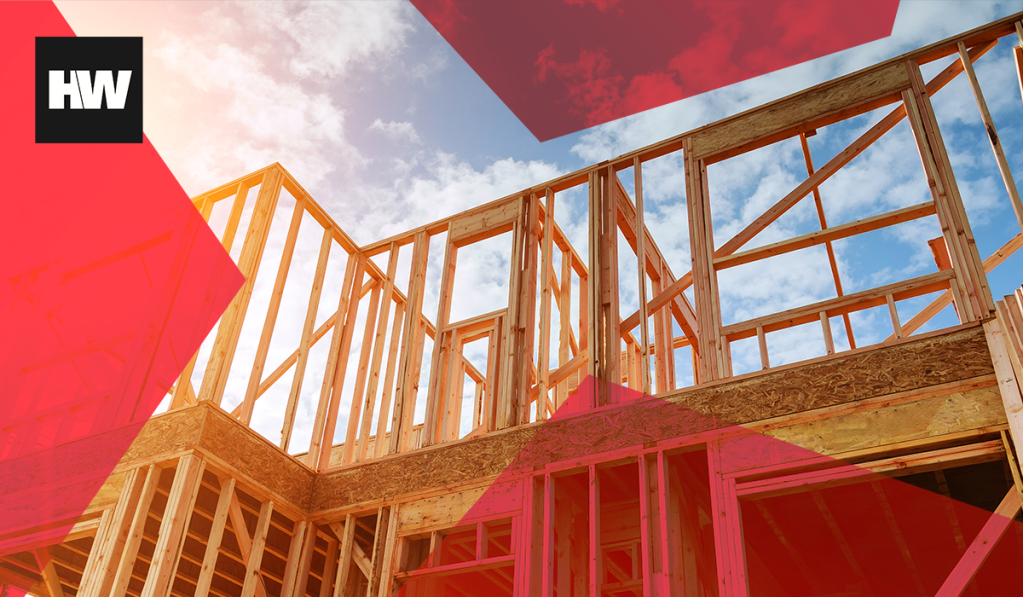Nothing much will change in 2022.
That seemed the general prediction of Ryan Marshall, president and CEO of Pulte Group, one of the country’s most prolific homebuilders, during an earnings call Tuesday. On the one hand, homebuilders will continue to reap the fruits of record demand. On the other hand, they will not have the materials, labor, or efficient supply chain processes to meet that demand.
“The supply side of the equation has been extremely challenging, with no clear signs as to when things will get better,” Marshall told investors, time and again bemoaning “labor shortages” and “significant disruptions in the supply chain.”
Given an opening on the call by Truman Patterson, an analyst at Wolfe Research, to give investors hope things will get better, Marshall stuck to a subdued point of view.
“We’ve been hearing that builders largely become more efficient in working with the whack-a-mole environment,” Patterson said.
“Well, Truman,” Marshall replied. “I think like any game, if you play it long enough, you certainly get better at it. And whack-a-mole is no different. But it’s still whack-a-mole for sure.”
Sponsored Video
What was extraordinary about Marshall’s observations is that, by most measurements, Pulte Group enjoyed a sterling 2021.
The Atlanta-headquartered company reported $1.95 billion in 2021 net income, a 38% leap from $1.41 billion in 2020.
Yearly revenue soared 26% to $13.9 billion.
The positive financial figures came on the backs of Pulte Group reporting 28,294 closings in 2021, up 15% from one year earlier.
The number of sales was significantly up, even as home prices reached record levels. For Pulte Group, buyers paid an average price of $463,000, up 11% from the year before.
The third most prolific home builder in the U.S., according to tabulations by Builder Magazine (D.R. Horton and Lennar are no. 1 and 2), Pulte builds across the country but is most concentrated in Florida and Texas.
Of the 28,294 closings in 2021, Florida alone accounted for 6,640 homes, or 23% of all closings.
Marshall credited “maturing millennials” and “empty nesters” for contributing to favorable homebuilder demographics, and noted that there are, “No signs that higher interest rates are impacting the desire for new homes.” (The average 30-year fixed mortgage interest rate is about 3.6%, according to a Freddie Mac survey.)
Still, like other homebuilders including Lennar, Marshall stated that Pulte could be doing even more.
“The reality is that these numbers could have been significantly higher, but COVID and other challenges impacted our availability of lots, labor, and materials, which caused us to intentionally slow sales.”
After some hope in the fall that the supply pipeline for building materials was becoming more efficient, there is unease that the market is simply failing to meet homebuyer demand. For example, the National Association of Homebuilders reported Tuesday that despite sustained demand, the job openings rate in construction actually edged down 4.3% in December.
The homebuilder’s trade group continues to refer the supply chain as a “crisis.”





